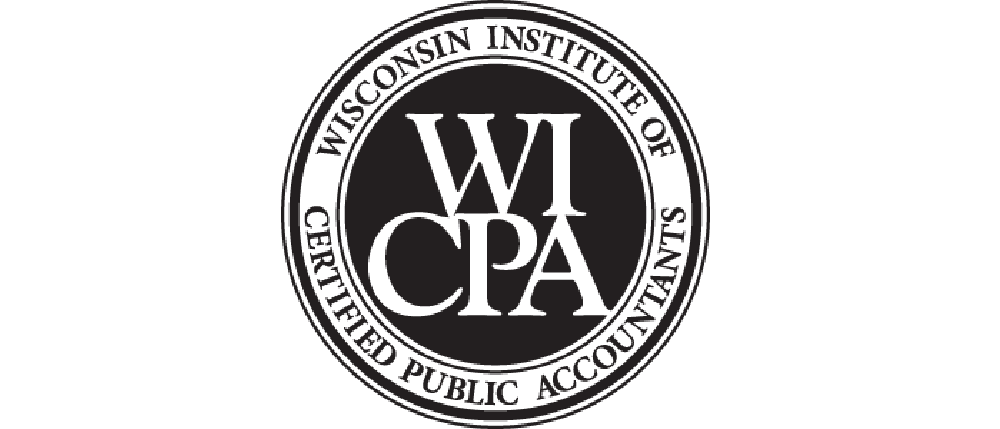Following a new provision of the Coronavirus Aid, Relief, and Economic Security Act (CARES Act), the Internal Revenue Service (IRS) made an announcement on June 23, 2020 regarding a waiver of Required Minimum Distribution (RMD) for certain retirement accounts in 2020. See our previous post on this topic here.
This provision of the CARES Act allows anyone with a RMD due in 2020 from a defined-contribution retirement plan to skip those RMDs this year, including 401(k) plans, 403(b) plans or an IRA. This waiver does not apply to defined-benefit plans; however, it does include anyone who turned age 70 ½ in 2019 and would have had to take the first RMD by April 1, 2020. For many retirees who don’t need the money, this seems like a welcome break. By skipping an RMD, it may be possible to pay less tax in 2020 and keep more money invested in retirement accounts for later.For those who have already received money from their retirement account in 2020, you have an option to put the money back—a “rollover.” Normally, there is a 60-day window to rollover money from one retirement account to another retirement account. It’s also possible to rollover the money to the same retirement account, as long as the rollover is completed within 60 days. The general rule is only one rollover is allowed in a 12-month period.
However, for 2020, those rules have been relaxed, as detailed in IRS notice 2020-51. To allow ample time for taxpayers to take advantage of this repayment opportunity, the 60-day rollover period has been extended to August 31, 2020 for any RMDs already taken this year. This means anyone who already received a distribution of an amount which would have been an RMD in 2020 can repay the distribution to the IRA by August 31, 2020. Additionally, this repayment will not count towards the one rollover per 12-month period limit.
You Can Skip your RMD in 2020, But Should You?
Now you know you can skip your RMD for 2020, there remains the question: should you skip? There are a number of factors to consider before deciding whether or not to take money from your retirement account. Keep in mind the RMD is just the minimum which normally needs to be withdrawn, and in many cases, it makes sense to take more than the minimum from a retirement account.
Under current tax law, any money which is in a tax-deferred retirement plan will most likely be taxable income at some time in the future (this doesn’t apply to Roth accounts which are not tax-deferred). In most cases, the money in a retirement account is eventually made taxable income when it is withdrawn by the owner, the owner’s spouse, or a beneficiary who receives the money as an inherited account when the original owner passes away. The bottom line: eventually, someone will recognize the money as income—it’s just a matter of who and when. One possible exception is retirement money which is given to a charitable organization, either as a Qualified Charitable Distribution during an account owner’s life or upon the owner’s passing as a beneficiary. It’s worth noting a qualified charitable organization will normally not pay tax on retirement account money received as a beneficiary.
Unless you plan to leave your retirement assets to a charity, it’s safe to assume someone will have to include your retirement money as income, even though it’s not clear when this will happen, who will have to pay the tax or how much the tax will be.
If we had a magic crystal ball, it would be helpful to know:
- How long you and your spouse will live
- How much other income or deductions you or your spouse will have when you take money from the account
- How much other income or deductions your beneficiaries will have if/when they receive your retirement money
- The tax rates in place when you or your beneficiaries take the money
Unfortunately, we don’t have the ability to predict these things exactly. However, we can make some educated guesses which will help us identify situations where it might be beneficial to take at least the required minimum distribution.
Who Should Withdraw Retirement Money Now?
If your income is low enough (or your deductions high enough) that you don’t pay any tax on the RMD, it probably makes sense to take the money. One example is in the case of a taxpayer with a large medical deduction for assisted living or nursing home care. It’s possible to offset income with the cost of this care, so it makes sense to take money from retirement accounts, at least up to the amount of deduction.
If your income is relatively low and your beneficiaries have much higher income, then it might make sense to take money out now and pay a relatively low tax rate. Keep in mind the more income a taxpayer has, the higher their rate of tax; if you leave your retirement account to a beneficiary who already has substantial income, this person may then pay tax at a higher rate than you would have paid. It’s worth noting most beneficiaries who inherit a retirement account will have 10 years to withdraw the money entirely.
If you believe tax rates are likely to increase in your lifetime or the lifetime of your beneficiaries, then this might be a reason to withdraw more retirement money now. Federal income tax rates for individuals are historically low and many tax experts predict these rates are likely to increase in the near future. Only time will tell. The various government stimulus programs created in response to the COVID-19 pandemic cost a great deal of money, and increased taxes may be how the government makes up for the cost of these programs.
Who Should Skip Taking a RMD?
While there are situations in which it makes sense to withdraw retirement money now, there are also situations where it clearly makes sense to skip the RMD for 2020.
If you are currently working and nearing retirement age, it might make sense to minimize how much you take from your retirement account. You may pay a relatively high tax rate if you combine your wage and retirement income in a single year. By waiting to withdraw your retirement income until you retire, it may mean you pay tax at a lower rate.
The conventional wisdom is it always makes sense to defer taxes when possible, While this is certainly debatable considering the possibility of higher income taxes in the future, this may be a reason why many people want to skip their RMD. It always feels good to pay less tax now, and there may be changes (in your personal life or in tax law) which make it possible to withdraw your retirement money in the future without paying as much tax.
Let’s discuss any questions you have!
This article is just a summary of the consideration which goes into a decision to take money from a retirement account. The professionals at KerberRose can help you understand what the best option is for withdrawing your retirement money in 2020.
Planning for retirement is agreat time to address other financial and estate planning needs, which KerberRose can also help with. Contact a KerberRose Trusted Advisor today to learn more about optimizing your retirement or financial planning.








